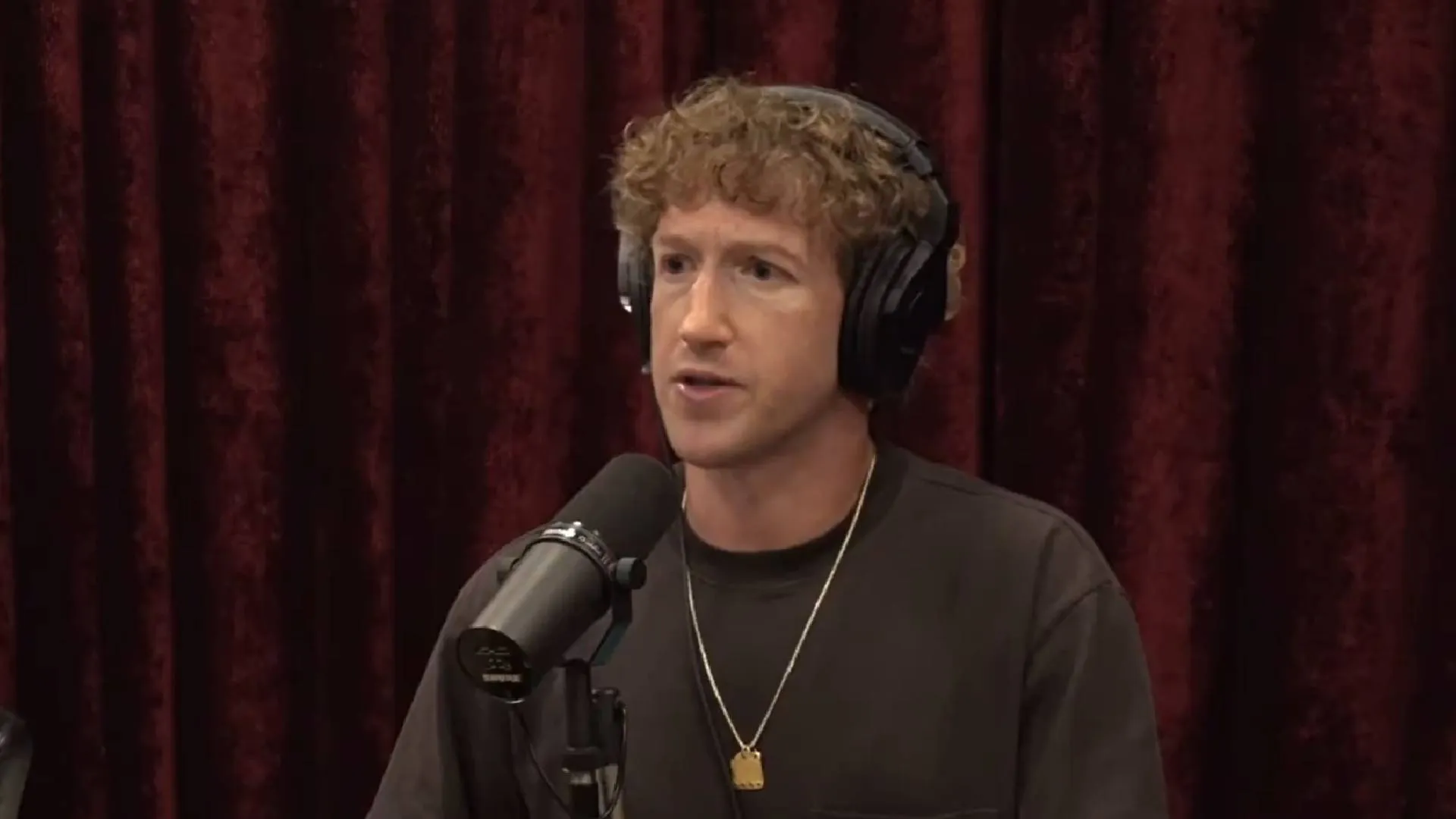Meta CEO Mark Zuckerberg recently made a controversial and inaccurate statement about the 2024 Indian general elections during a podcast with Joe Rogan. The two-hour-long discussion, which covered topics ranging from content moderation to government trust and COVID-19 handling, included Zuckerberg’s surprising claim that the Modi-led government in India had lost the elections.
Zuckerberg’s Misleading Claim About India’s Election Outcome
On January 10, 2025, during the podcast, Zuckerberg was discussing the global erosion of trust in governments, a trend he attributed to the COVID-19 pandemic and its aftermath. He claimed that the handling of the pandemic, inconsistent policies, and economic challenges led to widespread public dissatisfaction, which, according to him, influenced electoral outcomes around the world. He went so far as to suggest that incumbents “lost every single one” of the elections held in 2024, citing India as a key example.
As the world’s largest democracy, India conducted the 2024 elections with over 640 million voters. People of India reaffirmed their trust in NDA led by PM @narendramodi Ji’s leadership.
Mr. Zuckerberg’s claim that most incumbent governments, including India in 2024 elections,…
— Ashwini Vaishnaw (@AshwiniVaishnaw) January 13, 2025
However, this claim is factually incorrect. In the 2024 Indian general elections, the Bharatiya Janata Party (BJP)-led National Democratic Alliance (NDA) secured a resounding victory, winning 293 seats, well above the majority mark of 272. In contrast, the opposition Indian National Developmental Inclusive Alliance (INDI Alliance) managed only 234 seats, a significant distance from securing a majority.
Global Trust and Discontent with Governments Post-COVID
Zuckerberg’s statement, made during his podcast with Joe Rogan, addressed a global trend of diminishing trust in governments following their handling of the COVID-19 pandemic. He pointed to public dissatisfaction with policies on inflation, economic recovery, and pandemic management as contributing factors to electoral losses in several countries. However, his claim that India’s government lost in 2024 fails to align with the actual election results, undermining the accuracy of his broader argument.
Other Controversial Remarks by Zuckerberg
In addition to his comments on the Indian elections, Zuckerberg also discussed other pressing issues during the podcast. He revealed details about alleged efforts by the Biden administration to influence Meta’s content moderation. According to Zuckerberg, officials from the Biden administration pressured Meta to take down certain content, describing heated phone calls where officials reportedly “screamed” and “cursed” at Meta’s team. While Zuckerberg did not provide call recordings, he stated that emails on the matter were publicly accessible.
Zuckerberg also criticized Apple for its lack of innovation, suggesting that the company’s reliance on the iPhone’s continued success was stagnating its growth. He pointed out that Steve Jobs had invented the iPhone, but over 20 years later, Apple’s product updates appeared insufficiently innovative.
Meta’s Influence on Global Political Landscapes
Zuckerberg’s comment on India’s election results highlights how generalizations and inaccuracies can shape discussions on complex global phenomena. It is worth noting that Meta’s social media platforms have had a significant impact on the political landscape in many countries, including India. The company’s role in global elections and content moderation has often led to clashes with governments worldwide.
Despite Zuckerberg’s misleading statement, India’s electoral victory under PM Narendra Modi stands as a testament to the public’s trust in his leadership and the successful governance policies implemented by the NDA-led government.
Meta CEO’s Influence Amid Content Regulation Controversies
Zuckerberg’s statements come at a time when Meta continues to face significant challenges regarding content regulation and political influence. The company’s role in shaping public discourse has raised concerns globally, with governments calling for more stringent control over online platforms. Despite the controversy, Meta remains a powerful player in the global digital and political landscape.






















